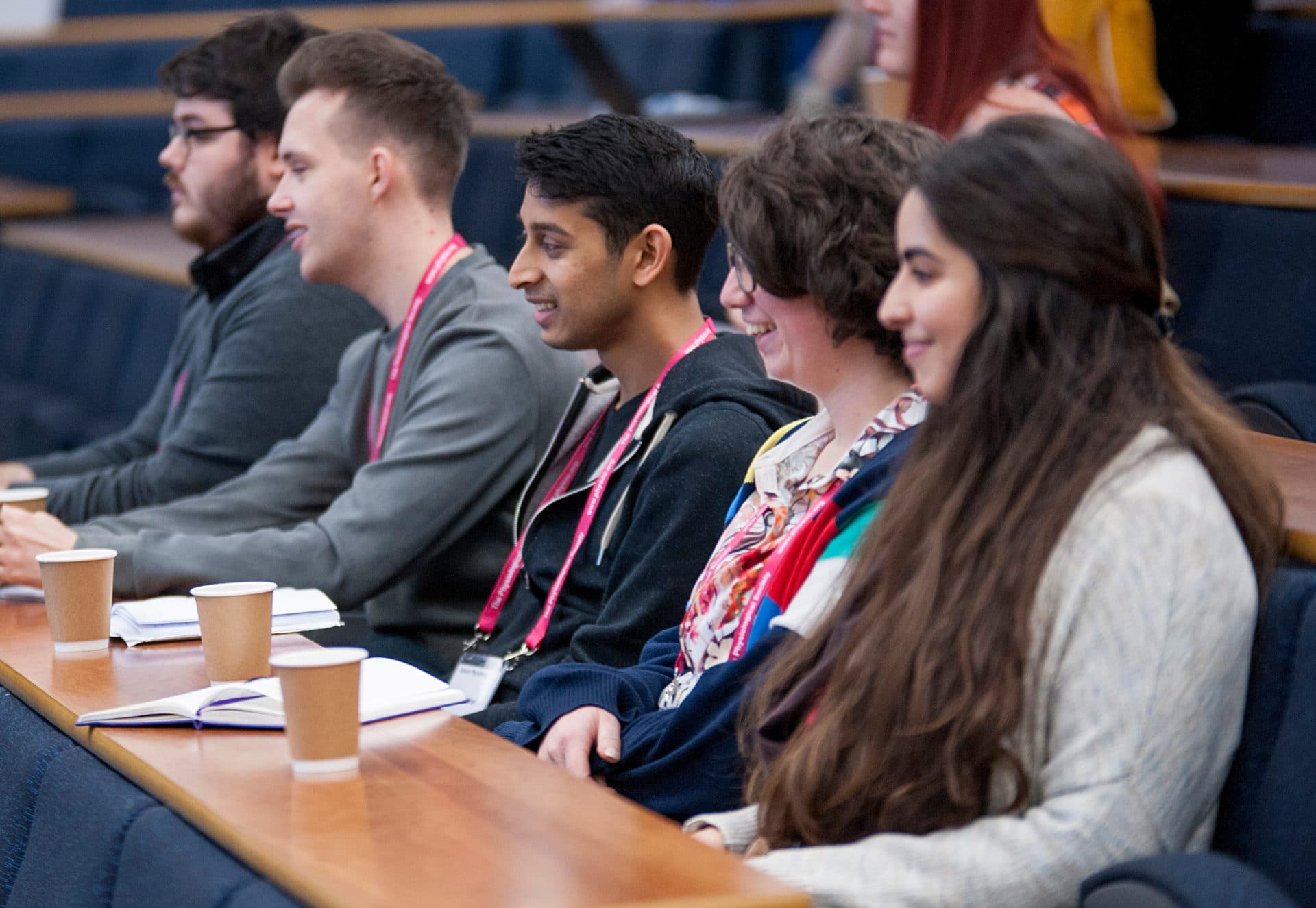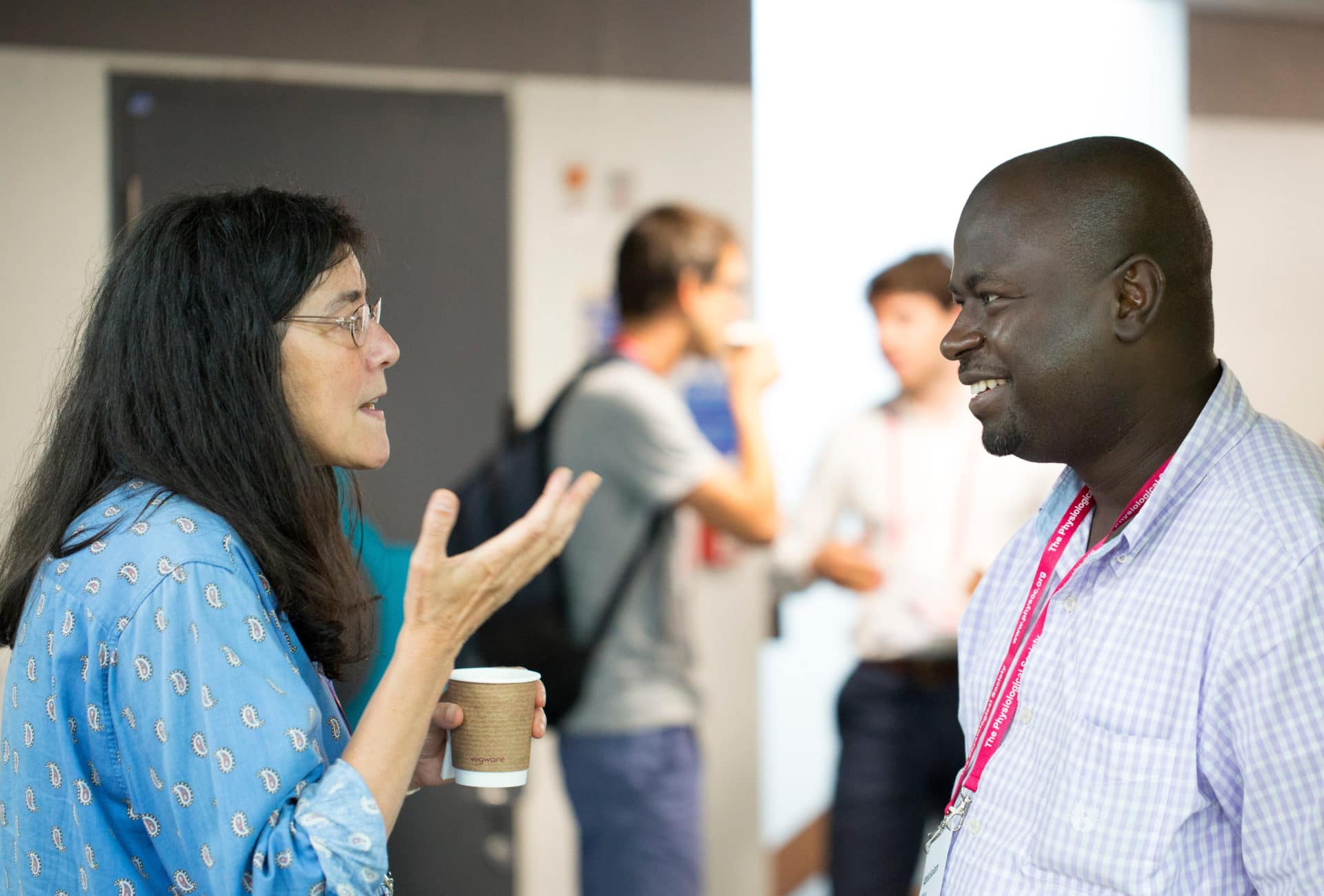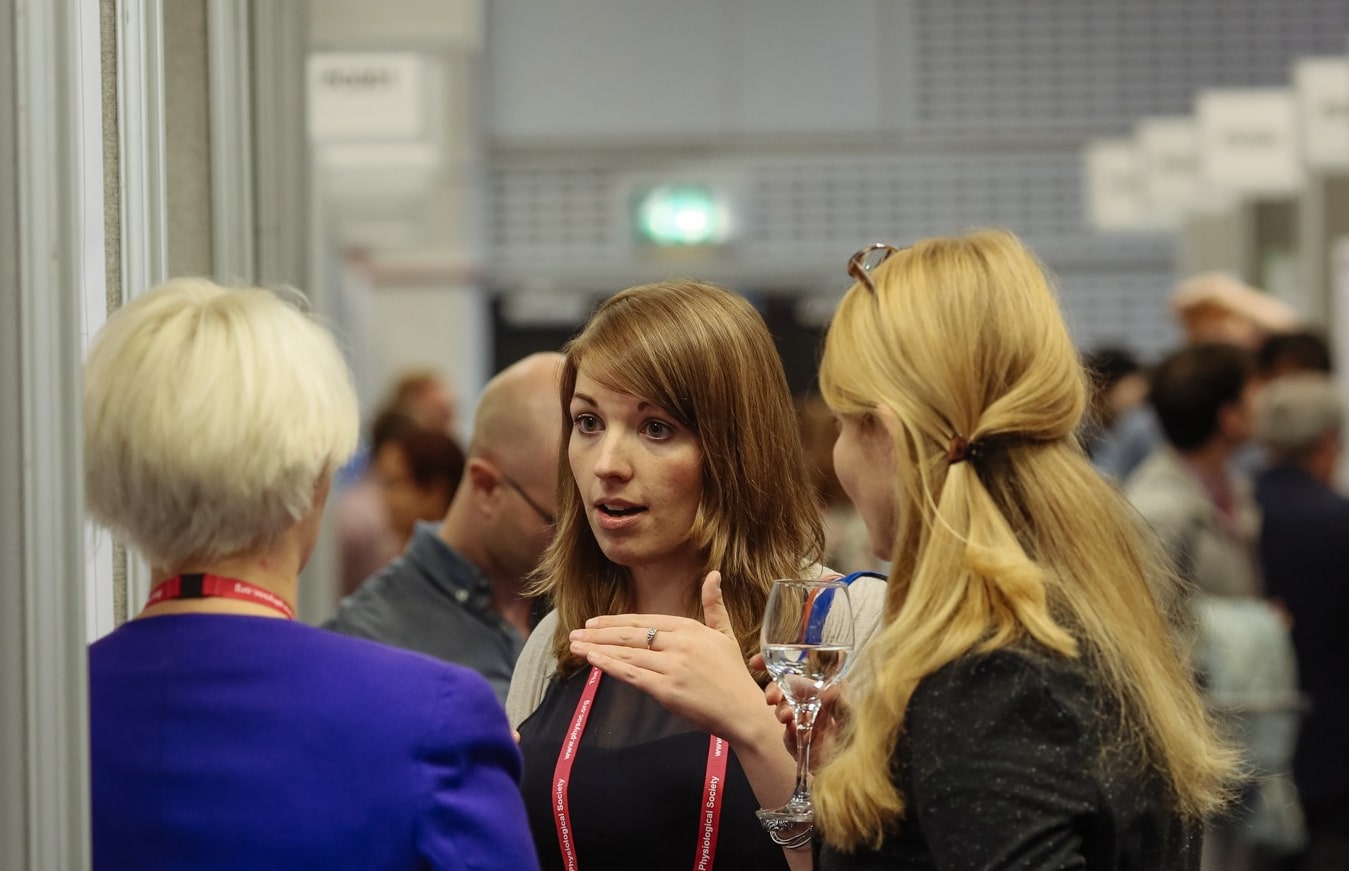In the last two decades physiology events have been challenged by evolving sub-disciplinary and thematic conferences. The Europhysiology series of conferences will bring together the broader European physiology community and promote collaboration among scientists.
‘I am really looking forward to this exciting Europhysiology meeting being able to discuss and networks with colleagues from our European neighbours and hear about the ground breaking research being performed outside of the UK,’ says Charlotte Haigh from the University of Leeds, UK.
The partner Societies value our future leaders in physiology research and so it was critical to find out their opinion of why such a meeting of European physiologists would benefit them. We asked our Affiliate Working Group what they feel that they will be of most use to them.

A major reason for attending such an event is to foster new collaborative ventures with physiologists from across Europe. It was strongly felt that in this climate of interdisciplinary research, such a meeting would increase the capacity to tackle complex problems by promoting new research collaborations.
‘When I heard about the opportunity to present as an early career speaker at Europhysiology, I knew this was a great way to share some of the data that our lab collected in the past few years,’ Cas Fuch from Maastricht University, Netherlands told Physiology News.
Interestingly, our early career scientists feel that they are more likely to know who is carrying out research similar to them in the USA rather than Europe and such a meeting would introduce them to researchers and techniques that they were not aware of previously.
It would mean that they could learn how others approach specific research questions and then they could input into these or perhaps change their approaches in the future. It also opens up new career opportunities.

Indeed early career researchers are also less aware of European differences in career structure and so such a meeting would allow them to probe these differences. Since Brexit and issues surrounding UK research funding from Europe cannot be totally ignored, it was also considered important to consider how future research collaborations can be worked at this stage.
The structure of the meeting was also very attractive to ECRs with over 100 slots for oral communications; they feel that this is wonderful opportunity to showcase their research.
It is clear that all levels of physiologist are looking forward to this meeting of scientific minds but it is especially rewarding to know how highly our “future physiologists” rate such an opportunity to attend such conferences.

‘For me the conference will be a fantastic opportunity to meet colleagues and friends, to enjoy science in different talks and poster presentations. Discovering new advancements and ideas in the different fields of physiology it will be an opportunity to strengthen already exciting friendships and to make new ones,’ Anaclet Ngezahayo from Leibniz University Hannover, Institute of Biophysics, Germany.
The series will begin in London, UK in 2018 and will subsequently be organised in Berlin, Germany (2020) and Copenhagen, Denmark (2022). FEPS will be a joint organiser of these biennial conferences.
(This article was originally published in Physiology News 110, pg. 19)
